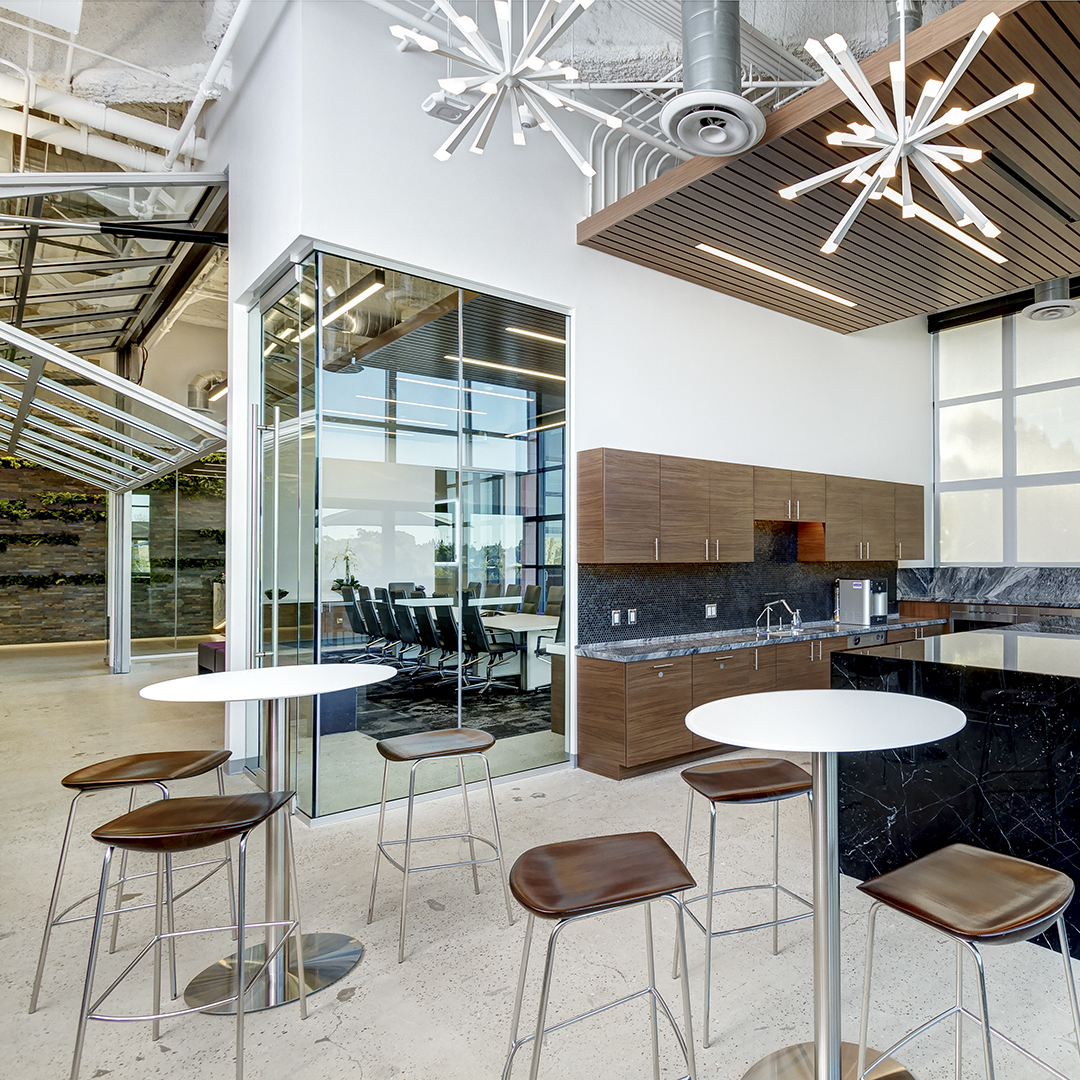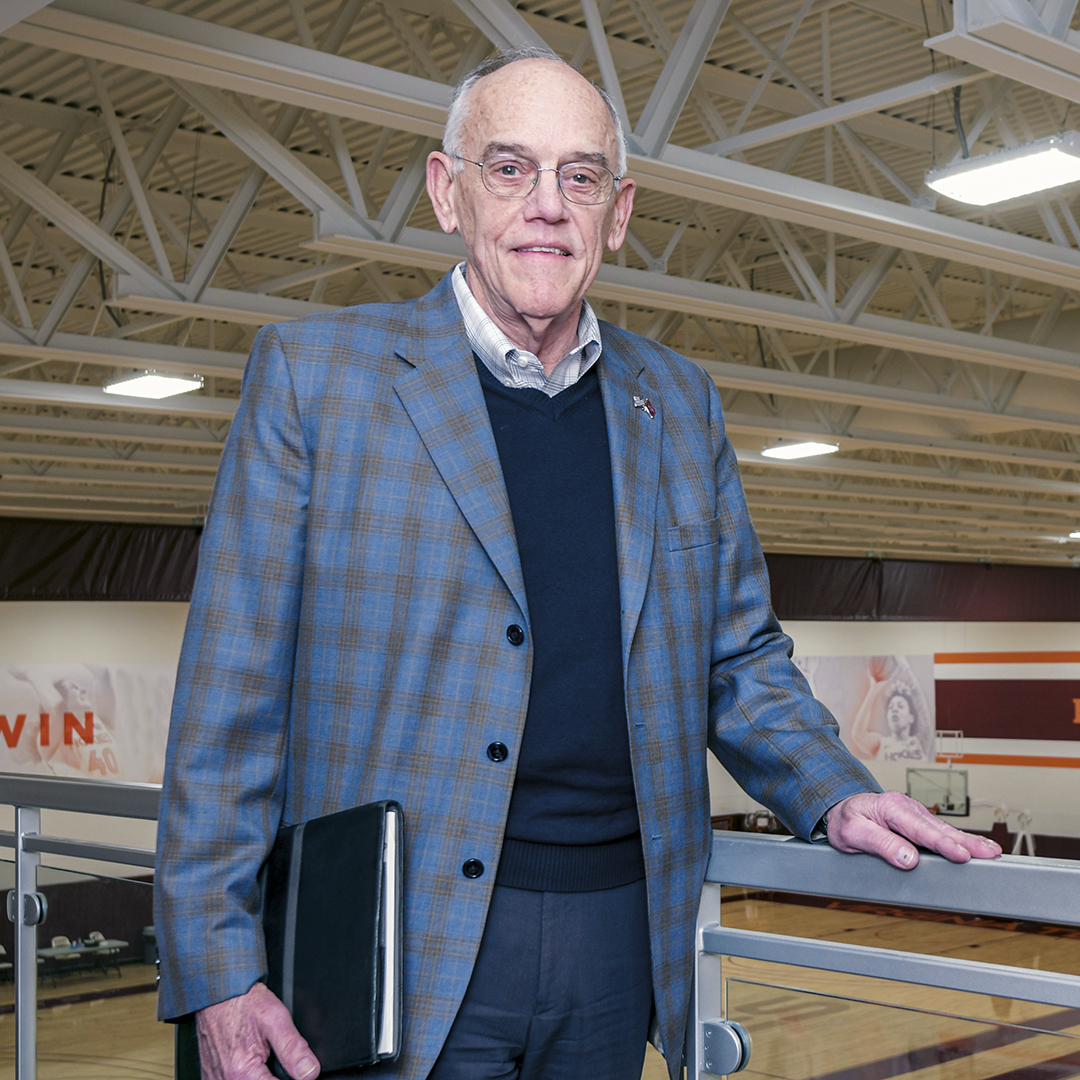|
Getting your Trinity Audio player ready...
|
Daniel Toro loves his Southern California home.
Although a native of New York, the director of campus facilities and sustainability for Point Loma Nazarene University (PLNU) now prefers to be situated along the breathtaking Pacific Coast. “I get to live in paradise every day,” he says.
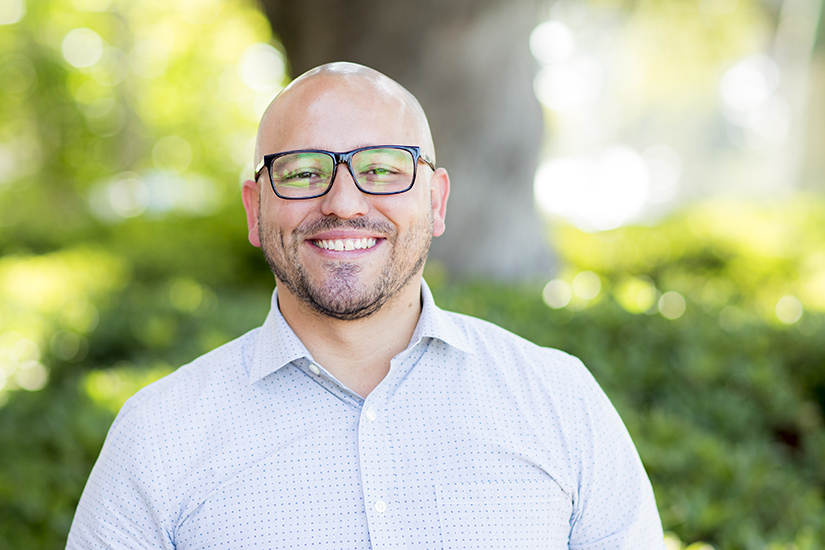
Toro’s role means that, on a daily basis, he takes on questions of best practices in stewarding the land, facilities, campus environments, and his own staff. Toro builds more than facilities. He builds his team.
“Even if individuals agree on principles, they may differ on methods,” the director says. “The greatest barricade to effective work is neglecting to understand the people you work with. I can embrace differences to maximize unity.”
Toro’s responsibility stretches over 3 regional campuses, comprising approximately 900,000 gross square feet of facilities on 90-plus acres of land, including several historically designated landmarks. Over 4,000 students and 950 employees utilize the physical environment. Currently, his team is taking on a huge quality improvement project across PLNU, intent on finding a new approach. “The end goal is developing an environment of wellness,” he says.
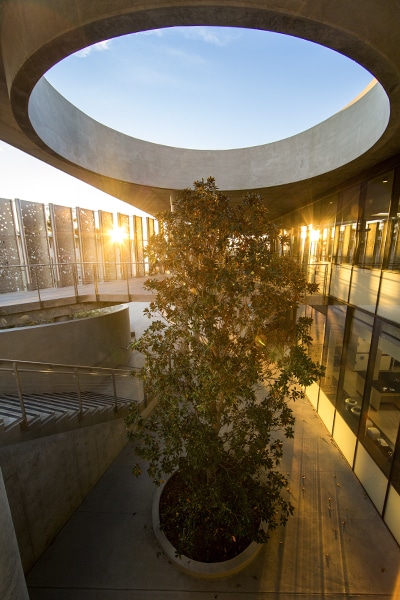
The concept of “environment” is nuanced for Toro. While it refers to physical entities, the word also encompasses communities of people and their cultures. The goal is to design an end-user experience that is defined beyond technical use, which requires intentional listening to the vision of one’s stakeholders instead of the traditional prescriptive approach.
“Our physical assets and resources need to align with how we educate,” Toro says. Something seemingly small, like a broken stool or outdated whiteboard, can be significant distractions to the educational experience. The director wants to maintain facilities that never lead PLNU students to question the money or time they spend at the school, lest they “go somewhere else.”
As higher education shifts towards more online classes, the school in turn needs to shift facilities to cope. Toro gets granular, thinking about electrical outlets and lighting, all in the service of more macro concerns, like facilities strategic plans that involve student success as a key performance indicator. The question he considers is, “How do we manage resources in a changing educational environment?”
PLNU, like many US universities, owns a number of buildings near the end of their “useful life.” Constructed in the 1950s and ’60s, many show signs of their age and often present challenges to the occupants. A teardown and rebuild on all structures at once is simply not an option. Thus, as Toro brings together planners, engineers, and tradespeople, he asks everyone to consider future-facing strategic positioning. “With fresh eyes we are asking about the campus envelope,” he says.
Critical to this strategy are questions of sustainability, including meeting local, state, and federal requirements. To lead a responsible trend, Toro identifies specific actions beyond marketing awareness. He asks tough questions about everything from waste management to materials use to utilities to sustainable construction.
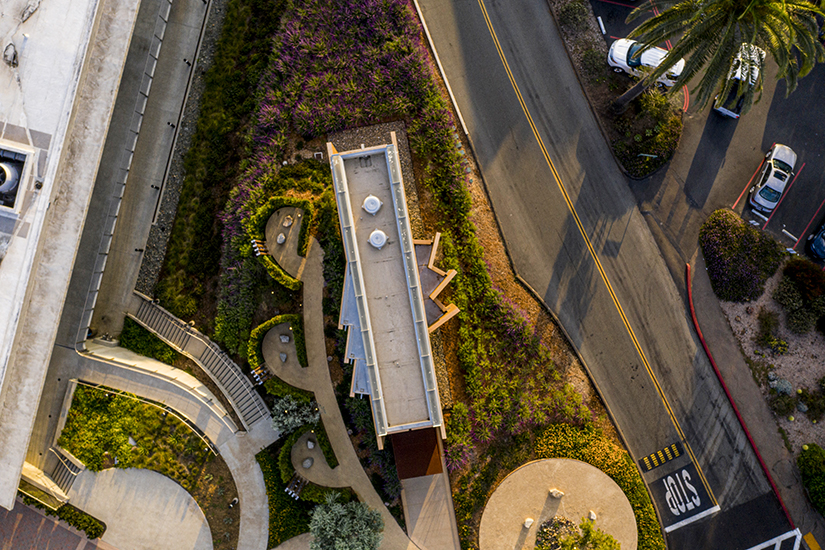
For instance, PLNU is considering ways to go beyond the basic fulfillment of California’s Title 24 with options of smart lighting. Toro now envisions facilities design that uses natural light more effectively.
When it comes to being an effective leader, Toro says, “If you lead from insecurity, you are a danger to yourself and others.” This is a mindset he applies particularly in both employee and end-user engagement, especially when it comes to tough conversations about change management in the way employees approach their work and their customers. “We must lead from the front and from the center.”
As Toro manages the culture of the physical plant, he also reminds his team to slow down and reconsider relationships. “We are a service-based industry,” Toro says, “but historically, tradespeople showed up as the experts, telling everyone what was going to happen.” Instead, he asks his team to get ahead of this by collaborating with the customer. “Ask them what they want, so we know how to facilitate the need.”
He is also investing in people by getting middle-management certified in lean Six Sigma to increase critical thinking and strategic decision-making. Every Thursday morning Toro opens his doors to talk leadership skills with his management team. He knows focus on soft skills is sometimes viewed as a poor use of precious time and defends his actions, saying, “If you never pay attention to a horse’s shoes, the horse will go lame.”
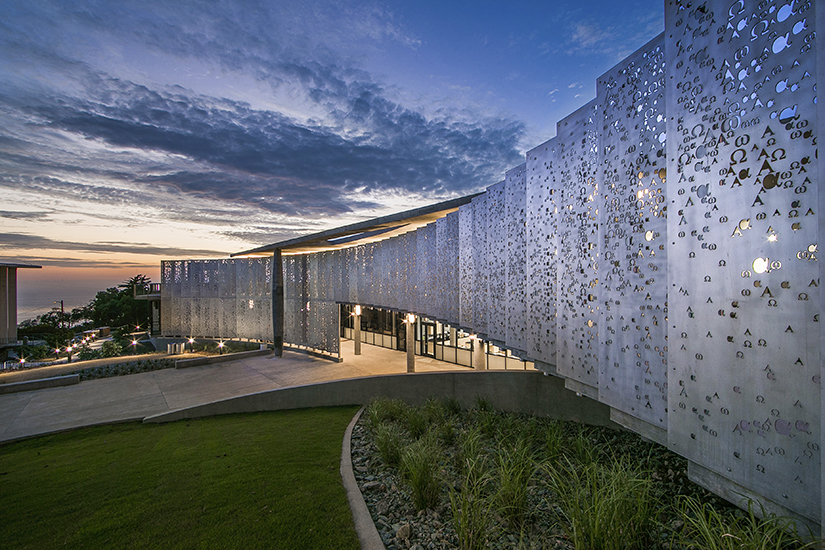
Toro himself is no stranger to a transition in leadership style; he changed his own while earning his master’s degree in theology and ethical leadership. His professors challenged and encouraged him to reevaluate. “They took time to stop and learn about me, to help me get to the finish line,” he recalls. “They helped me fully be myself. This was really powerful support.” Toro reports that he now thinks about humans as much as he thinks about tasks.
Along with his grad school revelations, Toro looks to his grandfather’s example of leadership; a Spanish immigrant, his grandfather eventually landed in Manhattan after fleeing Franco’s Spain. Toro recalls, “His goal was to leave this world better.”
Since arriving at PLNU in 2018, Toro sees more shared intent and support among his staff. People ask “why,” not just “what.” A few individuals who had been counting down days to retirement have instead gone back to school. “People can dream again. There is a fresh vision and a fire.”
As Toro brings team management to align with strategic goals, his methodologies may well not only maintain but improve his paradise.
